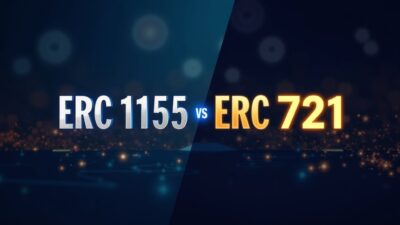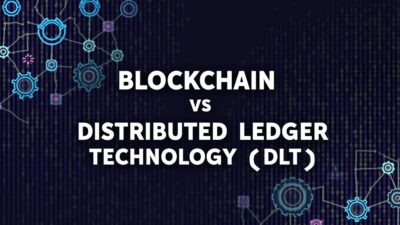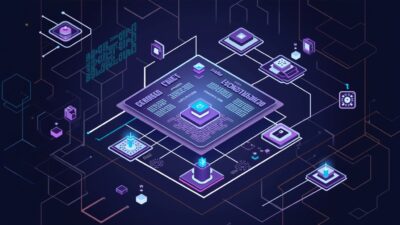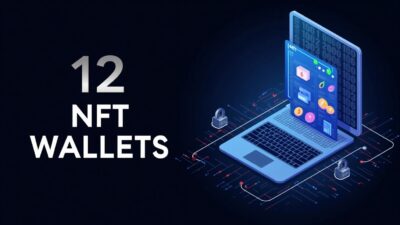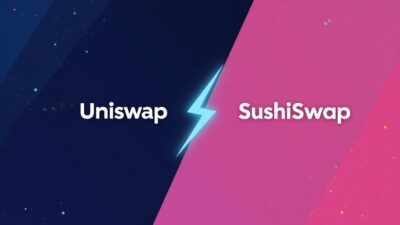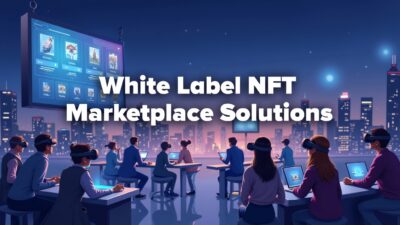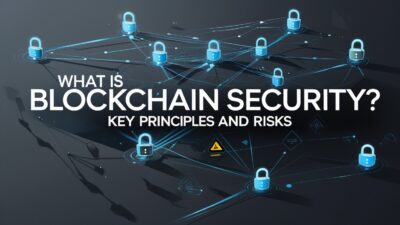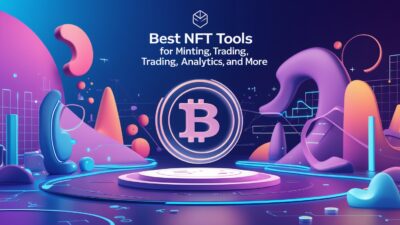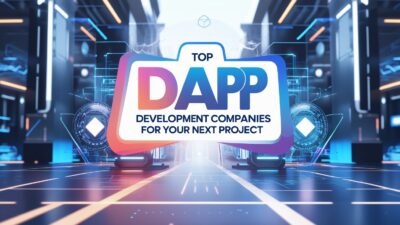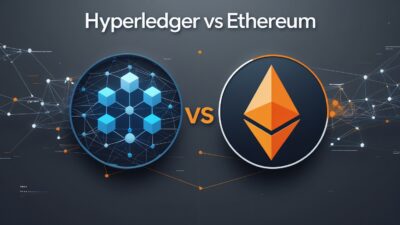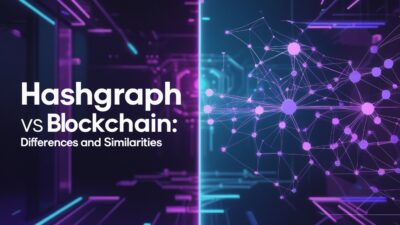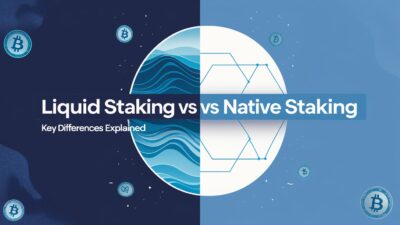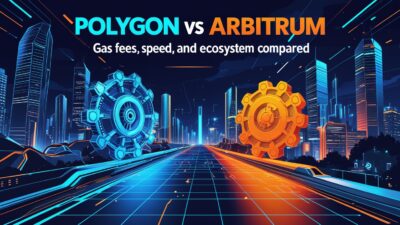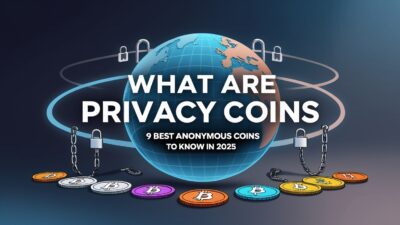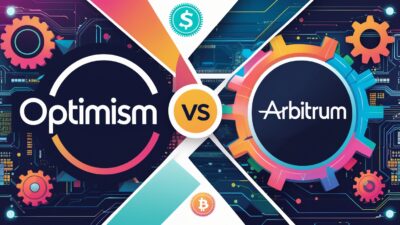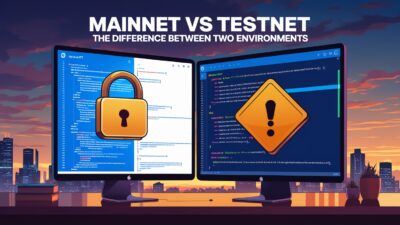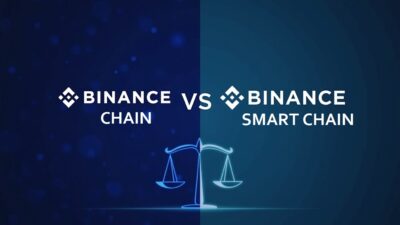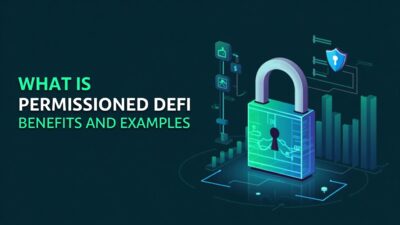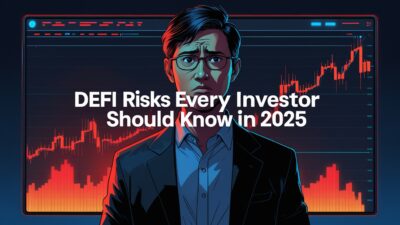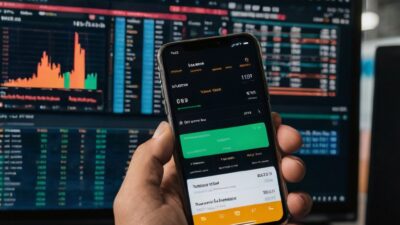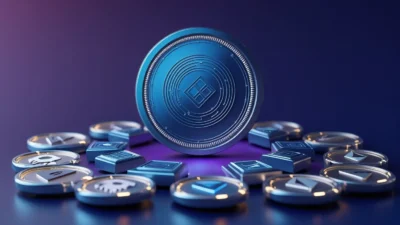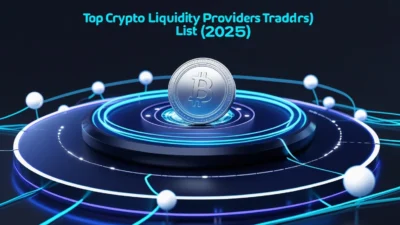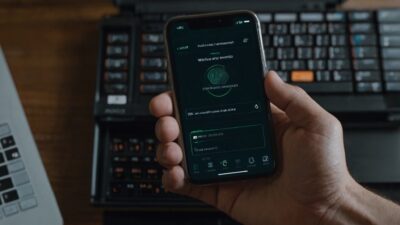
Missed the internet boom? No worries. You are just in time for the blockchain revolution instead. From finance and healthcare to gaming and supply chains, blockchain is changing the world as we have never seen before.
Since 2020, blockchain has made a major impact on the world by introducing decentralized finance and cryptocurrencies. Fast, seamless, and non-centralized, blockchains are now even attracting major finance players like J.P. Morgan. With rapid changes and improvements in technology since the beginning of 2025, newcomers and current developers must update their knowledge to stay relevant.
This is where certified and professional courses come in to help you grow and land a successful career as a blockchain developer. Let’s help you guide through the process to select the best one that fulfills your needs and helps you achieve your goals easily.
The Demand and Prospects of Blockchain Development in 2025
With a massive growth in DeFi, NFTs, and Web3 applications, the demand for Blockchain development is booming in 2025. As a blockchain developer is involved with creating and deploying smart contracts, they are considered the brain of any DeFi system.
With blockchain development, you can also learn to create dApps or design security systems that are the backbones of Web3 and DeFi networks.
As people and even institutions are leaning towards NFTs and tokens to trade assets, owning RWAs, and securing digital identity, the role of a blockchain developer is becoming more prominent with every passing day, as they are involved with creating platforms that allow users to use NFTs and tokens.
The blockchain industry is poised to reach $42 billion by the end of 2025 and over $3.1 trillion in 2030. This translates to a massive increase in job opportunities for the blockchain developers as they are true architects of the next era.
With blockchain and AI merging to create more secure and powerful smart contracts, and blockchains moving to greener solutions like Proof-of-Stake, now is not only the best time for newcomers to join this tech stack, but it is also compulsory for current developers to upskill themselves to match the demands of the future.
Best Beginner Blockchain Developer Courses to Start Your Journey
As blockchain development is a lengthy and perilous journey, we have curated 5 beginner courses for newcomers to check out. These courses will help you acquire the basic knowledge regarding how blockchain networks operate and how you can start your journey into the world of Web3.
1. Beginner-Friendly Courses by Dypto Crypto
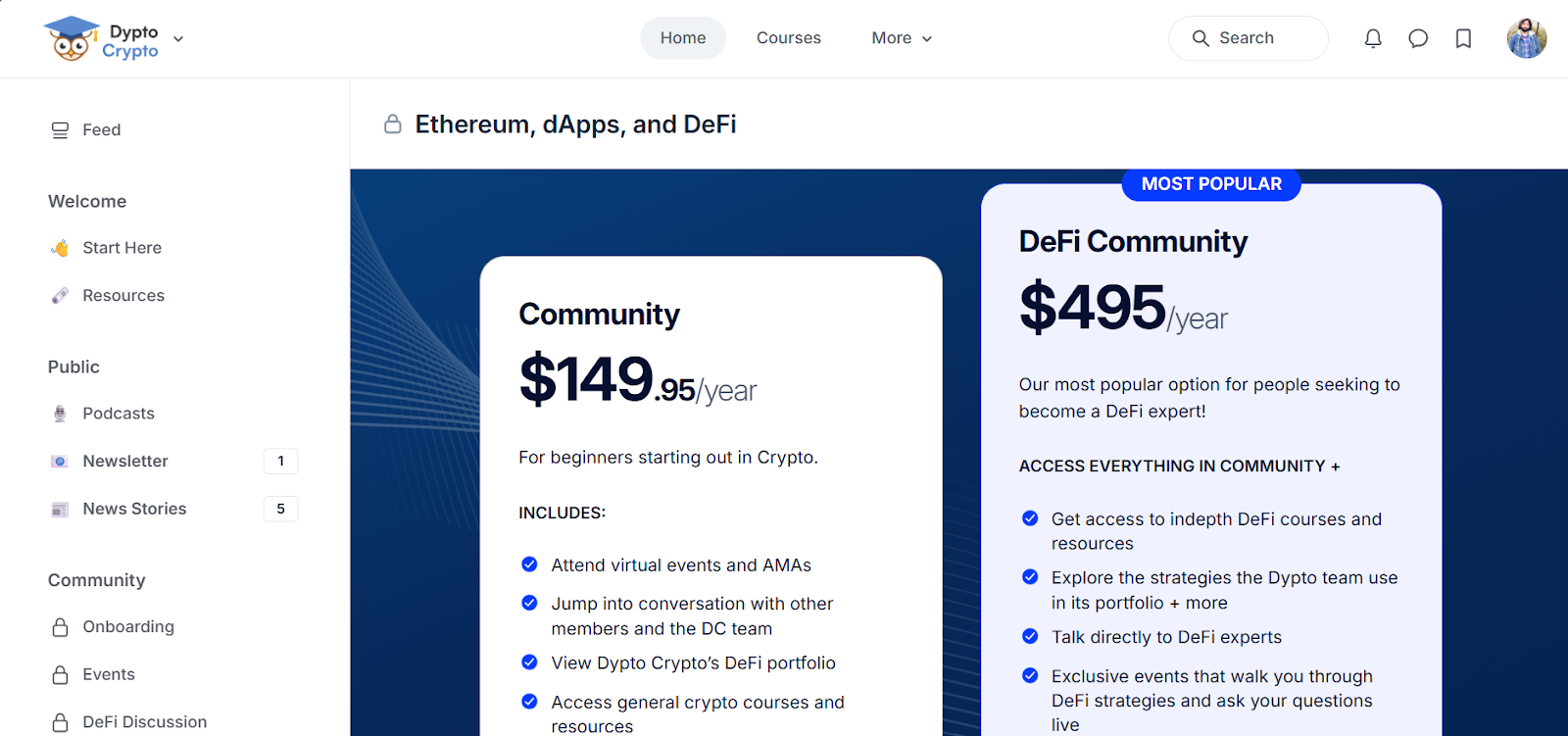
At Dypto Crypto, we offer beginner-friendly courses for everything related to blockchain and Web3. You can sign up right now for $149/yo to start learning the basics of blockchain development.
We also offer free How-To guides and access to Cryptionary for all your crypto needs. Our resources section also offers a free weekly newsletter with all the latest tech and Web3 news.
2. Alchemy University – “Ethereum Developer Bootcamp”
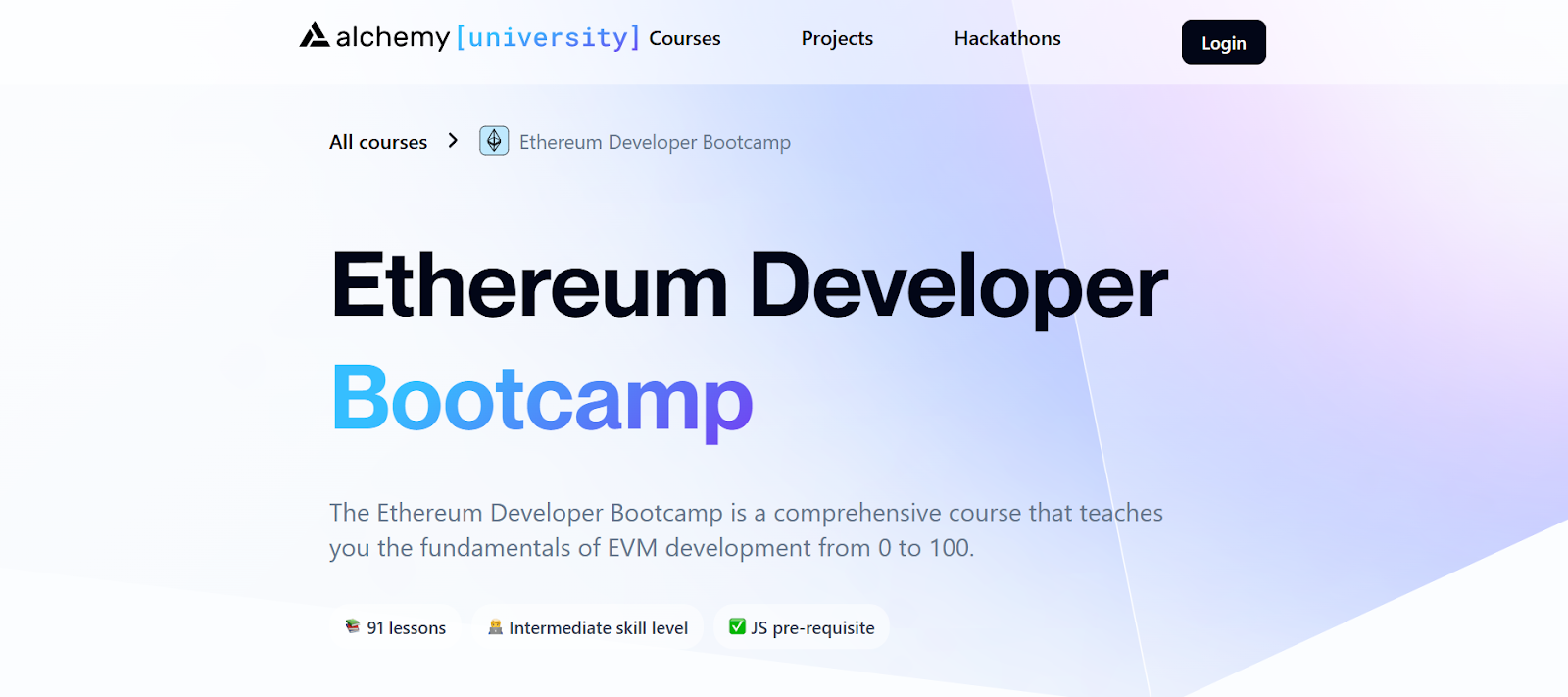
Ethereum Developer Bootcamp is an intermediate-level course offered by Alchemy University. It is a 91-hour-long course that requires JS as a prerequisite.
In this course, you will learn Solidity programming, smart contracts development and deployment, dApps development, and blockchain fundamentals. Upon submitting your project, you can also receive a certificate.
3. Updraft by Cyfrin – “Blockchain Basics”
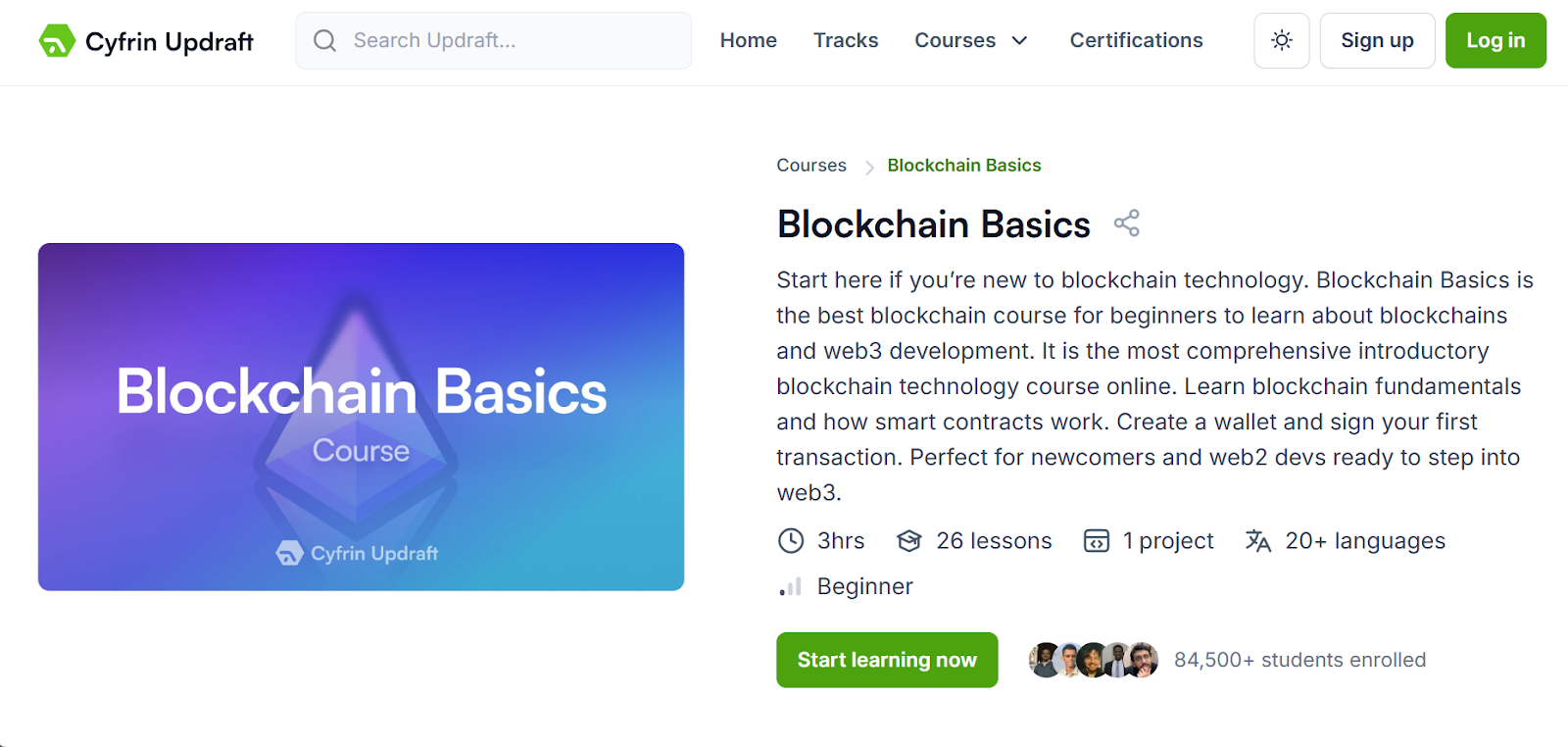
Blockchain Basics is a free, beginner-friendly course by Cyfrin Updraft that offers 3.5 hours long video tutorials covering 26 lessons about blockchain development. You can also earn a certificate by completing the course and submitting your project in addition to passing a proficiency test.
Blockchain Basics explains how blockchains work, what smart contracts are, how to set up your wallet, what transaction signing is, and how to differentiate between layer 1 and layer 2.
4. Coursera – “Blockchain Specialization” by the University at Buffalo
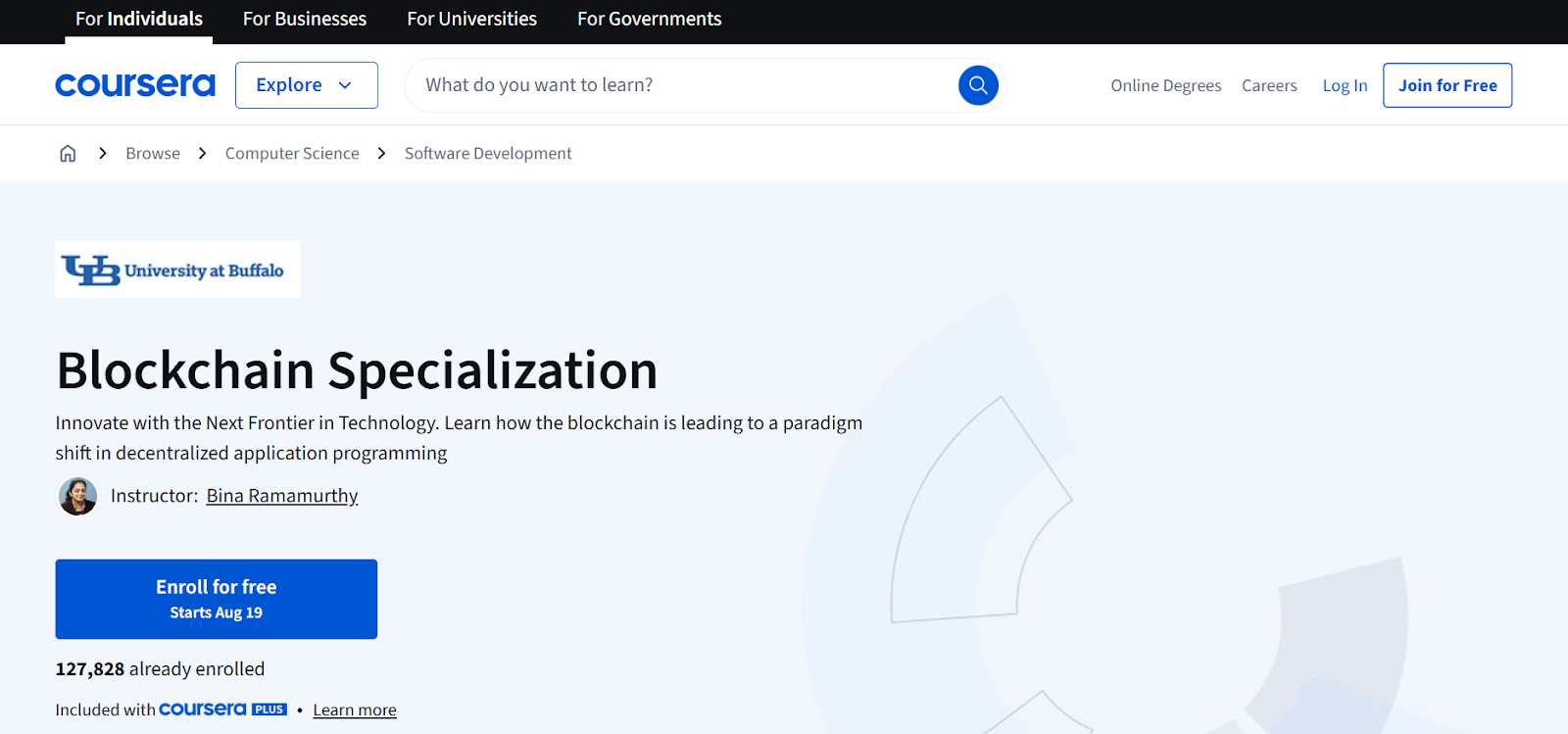
Blockchain Specialization is an intermediate-level course offered by the University of Buffalo under the instruction of Professor Bina Ramamurthy. It is a 2-month-long course with 10hr/week study schedule. The University of Buffalo also offers a certificate upon completion of the course.
Blockchain Specialization offers lessons on blockchain basics. How to develop and deploy smart contracts, what dApps are, and what different blockchains are beyond Ethereum.
5. Harvard Tech – Free Blockchain Courses
Harvard’s TECH at SEAS offers a selection of free blockchain courses that you can take right now to start your journey as a blockchain developer.
These courses include.
- Blockchain: Foundation and use cases by ConsenSys Academy
- Blockchain Foundation for Developers by IBM
- Blockchain Essentials by IBM
- Blockchain Fundamentals by UC Berkeley
All these courses are curated by Harvard TECH, making them some of the best beginner courses available for blockchain development.
Best Advanced Blockchain Developer Courses (Smart Contracts & dApps)
Once you are done with the beginner and intermediate-level blockchain developer courses, it is time to move to the next level. The advanced courses we have curated cover how to create smart contracts and dApps by using programming knowledge and intermediate skills.
1. Advanced Courses by Dypto Crypto for Blockchain Developers
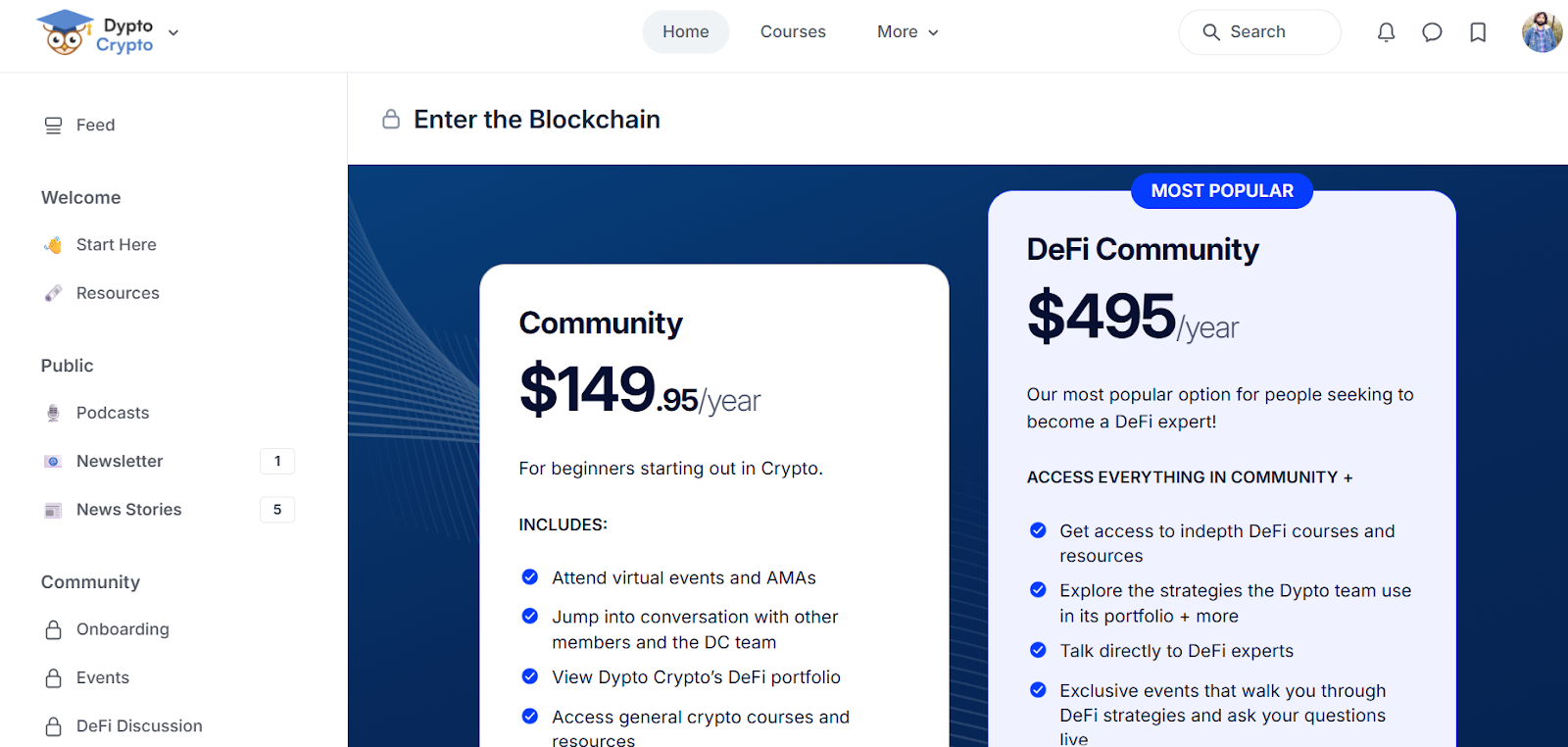
At Drypto-Crypto, we also offer advanced courses for aspiring blockchain developers. Our course costs $495/yo and also includes beginner-level courses with free access to the community.
2. Cyfrin Updraft Solidity Smart Contract Developer Certification
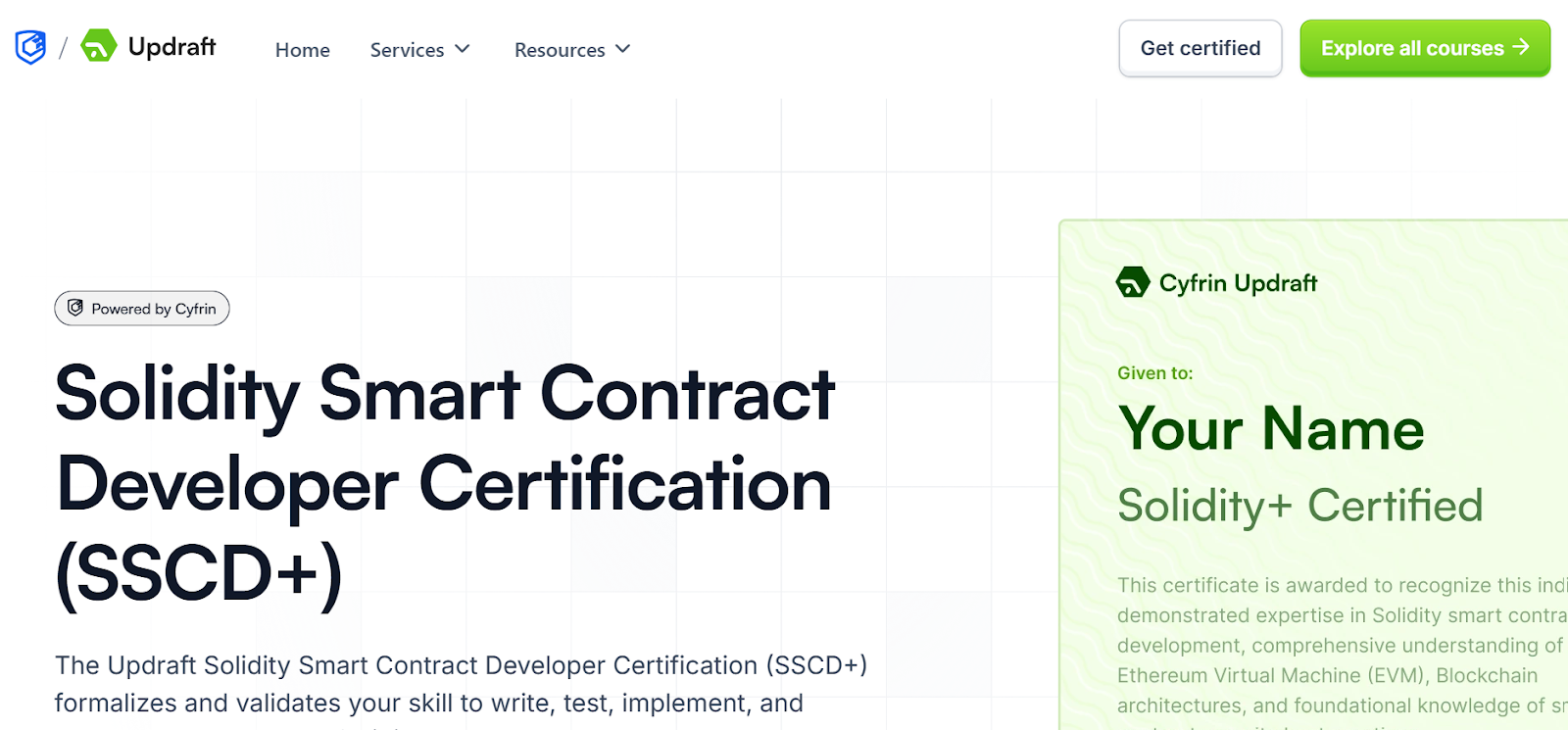
SSCD+ certification by Cyfrin Updraft is one of the most reputable certifications available right now. This certification checks your ability to write smart contracts with Solidity, as well as the use of tools like Hardhat, Foundry, and Remix.
It also checks your ability to successfully deploy smart contracts in real-world scenarios and how to apply best practices for smart contract security. You will also learn NFTs, ERC standards, and DeFi protocols.
Upon completion of the course, you can apply for a certificate by paying a small fee.
3. Certified Blockchain Developer Course by Blockchain Council
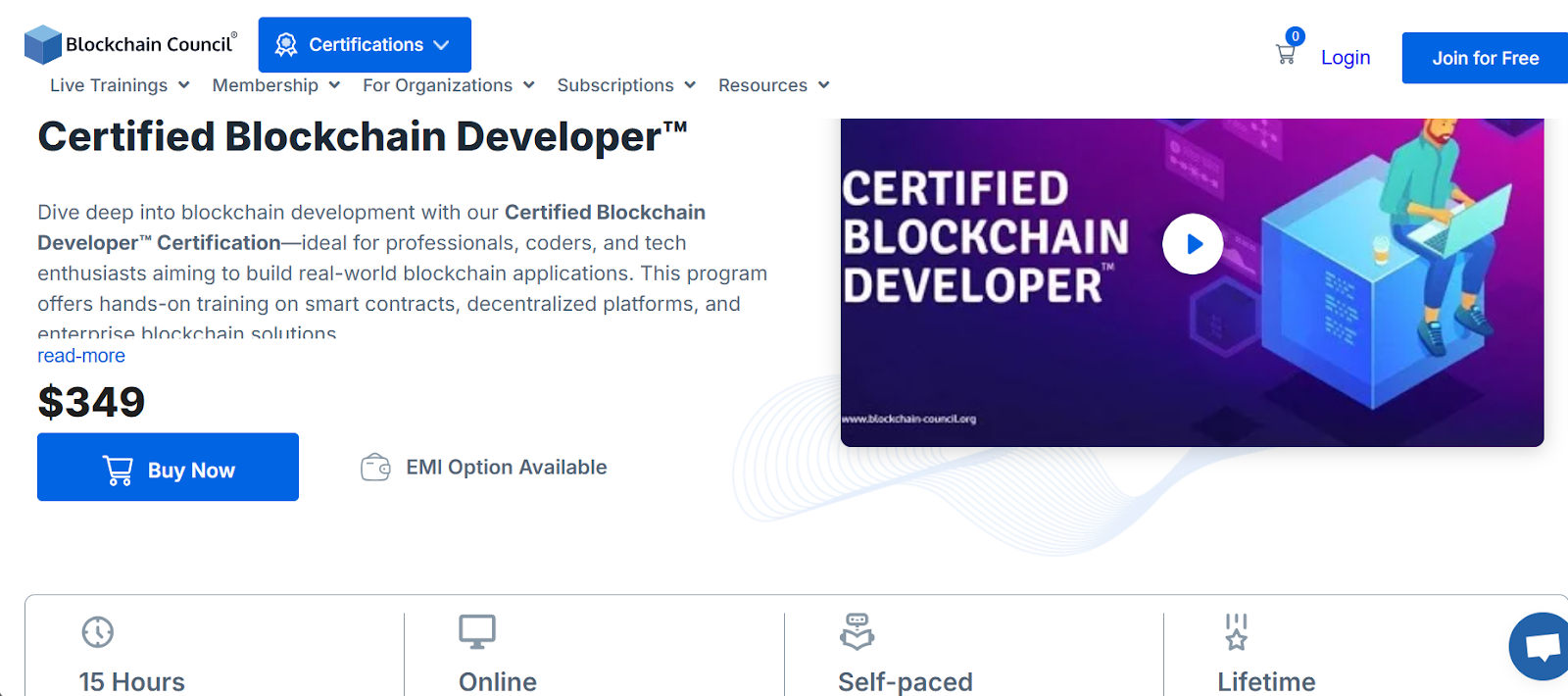
Certified Blockchain Developer Course is a paid, advanced-level course offered by the Blockchain Council. It requires a one-time payment of $349 and offers 15 hours of content. You can also earn a certificate after passing the exam at the end of the course (60% marks required).
With this course, you can learn blockchain fundamentals, how to write and deploy smart contracts with Ethereum and Solidity, what Hyperledger Fabric is, how to use R3 Corda, and how to apply this knowledge in the real world.
4. Curve Stableswap (Cyfrin)
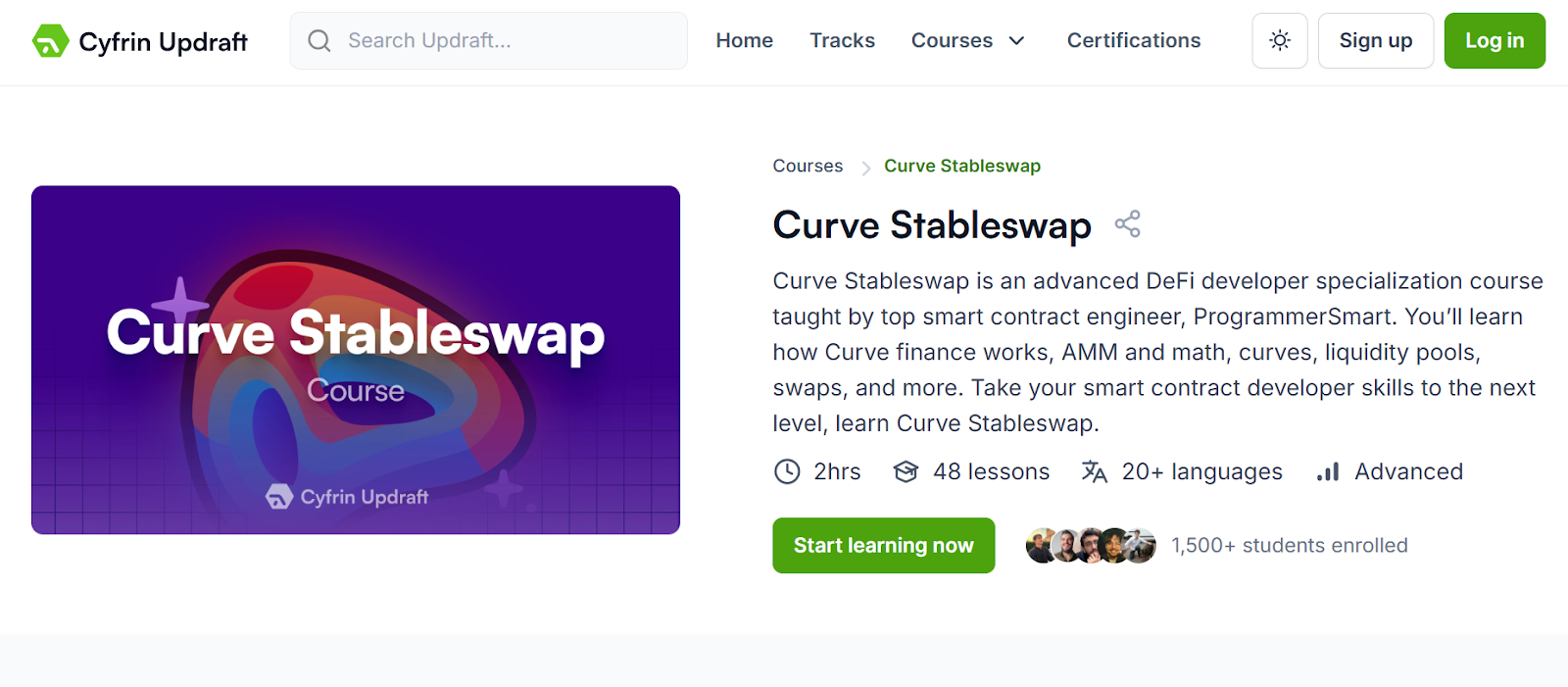
The Curve Stableswap course by Cyfrin Updraft is one of the most advanced DeFi developer specializations to master the Stableswap Invariant algorithm used by Curve Finance.
This is a 2-hour course with 5 hands-on exercises. TAS (smart contract programmer from YouTube) teaches this course, and it requires a solid grip of Foundry, GitHub repo setup, and Solidity/Vyper experience.
In this course, you will learn AMM math, Curve vs Uniswap, creating and deploying smart contracts, how liquid pools work, and what next-gen Stableswap is.
5. Coursera – “Smart Contracts” by the University at Buffalo
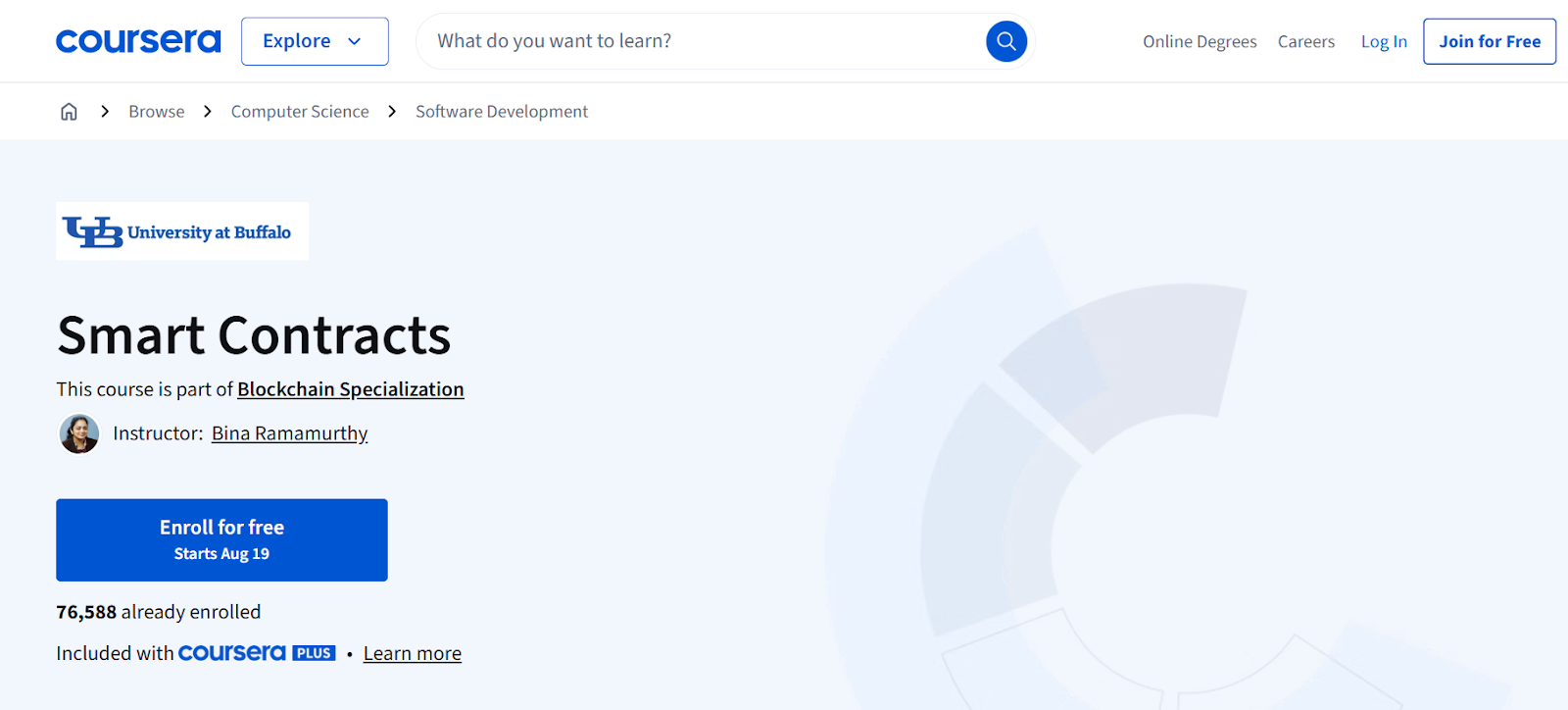
Smart Contracts is an advanced-level blockchain course offered by the University of Buffalo on Coursera. Prof Bina Ramamurthy teaches this course, and it offers 13 hours of content across 4 modules. To study this course, you must have prior knowledge of Solidity, Remix IDE, Metamask, and Truffle.
In this course, you will learn smart contracts, how to write smart contracts with Solidity, how to test and deploy smart contracts with Remix IDE, and the best practices to secure smart contracts from hacks.
Things You Can Learn from Taking a Blockchain Developer Course
The courses mentioned above cover all the basic and advanced knowledge anyone requires to become a successful blockchain developer. By taking these blockchain developer courses, you will learn the following concepts and skills.
- Distributed Ledger Technology: How decentralized systems store and validate data across p2p networks.
- Consensus Mechanisms: How PoW, PoS, and BFT work.
- Cryptography and Security: how to cryptograph public keys, what hashing is, and what digital signatures are.
- Blockchain Architecture: What are genesis blocks, forks, and how nodes (users interact with a blockchain system?
- Solidity and Vyper Programming: How to write and deploy smart contracts on Ethereum.
- Contract Design Patterns: How to use inheritance, interfaces, libraries, and modular architecture for dApps.
- Testing and Debugging: How to use tools like Hardhat, Foundry, and Truffle to test smart contracts.
- Best Security Practices: How to avoid vulnerabilities like reentrancy, integer overflow, and front running.
- Frontend Integration: How to connect smart contracts to interfaces with he help of Web3.js.
- Token Standards: How to implement ERC-20, ERC-721, and ERC-1155 for both FTs and NFTs.
- DeFi Protocols: How to build AMMs, staking platforms, and lending protocols using advanced math algorithms.
- Interoperability and APIs: How to use Oracle to create cross-chain bridges.
How to Choose the Right Blockchain Developer Course for Your Needs
Choosing the right blockchain developer course can mean the difference between you wandering aimlessly and landing a full-fledged Web3 career. However, the right course for each person can be different depending on their end-goals and expertise level.
Before taking a course, look at the following criteria.
- Skill Level: Check your skill levels and then decide whether to go for a beginner or an advanced-level course. Even if you are skilled, you can take some easy beginner-level courses to get additional certificates.
- End Goals: Always check if the course you are taking is aligned with your end goals or not. No matter how good a course is, if it doesn’t teach you what you desire, it is not worth it.
- Curriculum Depth: Carefully evaluate the course contents and the type of knowledge they offer. A superficial course can mean a waste of time and money. Also, check the tools they are offering with the course to see if they are compatible with today’s world’s applications.
- Instructor Expertise: A simple course taught by a skilled professional is better than an advanced course taught by a novice. Always check the credentials of the course’s instructor before taking it.
- Hands-on Projects: Always check if the course you are taking offers hands-on projects. Theoretical knowledge is good, but nothing trumps the real-world exercises when it comes to web3 knowledge.
- Community Support: Check if the course has a good community and what kind of help they are willing to provide. A great community always accompanies a good course.
- Certification Value: Access if the certificate provided by the course is valid and can be shared on LinkedIn. Also, check its reputation and credibility, as it will help you land a job easily.
Should You Go for Free or Paid Blockchain Developer Courses?
This is a never-ending debate about the value offered by both paid and free courses. There are always two schools of thought, one believing in the free courses and the other defending the supremacy of the paid ones. It is not always black and white. Both courses have their drawbacks and advantages.
| Feature | Paid Courses | Free Courses |
| Content | In-depth knowledge of advanced topics. Real-life examples and hands-on exercises. | Limited knowledge mostly related to beginner-level lessons. No hands-on exercises. |
| Instructor Quality | Taught by industry experts and technology leaders. Universities often use their professors to teach the courses. | It is mostly community-led and depends on the platform. Some platforms have great teachers, while others don’t. |
| Hands-on Projects | Offers hands-on projects to prepare students for real-world challenges. | No hands-on projects or limited to basic exercises. |
| Certification Value | Offer recognized certificates that increase your chances of landing a job. | No certificates or non-verifiable ones. |
| Career Outcomes | Improves your resume and prepares you for a leading role in the industry. | Mostly for hobbyists with a limited scope to land a job. |
Career Paths You Can Pursue After a Blockchain Developer Course
By completing paid and advanced blockchain developer courses, a whole new world of opportunities opens before you. From a smart contract developer to a full-stack Web3 developer, there is a plethora of jobs you can apply for and start a long career in the field of Web3.
1. Smart Contract Developer
As a smart contract developer, your job is to build and deploy self-executing contracts on Solana, Ethereum, or Avalanche. For this job, you will need extensive knowledge of Rust, Solidity, Vyper, Hardhat, Foundry, and the methods to audit your contracts.
The salary range for the smart contract developer is around $100k-$150k per year. You can apply with Chainlink Labs, ConsenSys, OpenZeppelin, and Certik right now for this job.
2. DeFi Designer
As a DeFi designer, you will be designing decentralized finance protocols for Fintechs, crypto exchanges, and asset management companies.
You will need to learn how to develop and deploy smart contracts, as well as tokenomics and liquidity modeling. You will also need knowledge of DeFi protocols like Aave, Uniswap, and Compound.
Salary for a DeFi designer ranges from $120k-$180k per annum. You can apply with MakerDAO, dYdX, and Curve Finance right now.
3. NFT Platform Developer
As an NFT platform developer, your duties include building marketplaces, minting engines, and NFT-based games for the art, gaming, and sports industries.
For this job, you will need a complete grasp of ERC-721 and ERC-1155 standards. You must also know IPFS and metadata handling, in addition to front-end frameworks like React.
The salary for an NFT platform developer ranges from $90k-$140k per year. You can apply with Quidd, OpenSea, Ex Populus, and Yuga Labs right now for this role.
4. Blockchain Architect
A blockchain architect must know how to design a scalable blockchain infrastructure, consensus mechanisms, and system integrations for Enterprise Tech, logistics, healthcare, and government.
Skills required to perform this job efficiently include a deep understanding of blockchain protocols like Ethereum. You should also know how to design a system and how to implement scalability and security options into it.
The salary range for a blockchain architect is $150k-$250k per annum. You can apply with IBM, Microsoft, PwC, and LeewayHertz for this job.
5. Full-Stack Web3 Developer
As a full-stack Web3 developer, you must build dApps for startups, the gaming industry, social media, and DAOs. Skills needed for this job include React, Node.js, GraphQL, Metamask, WalletConnect, Web3.js, and Ether.js.
The salary range for a full-stack web3 developer is $100k-$170k. You can apply with Alchemy, Shrapnel, Hiro Systems, and Polygon Labs right now.
Why Choose Dypto Crypto for Blockchain and Crypto Learning?
Dypto-Crypto offers courses with in-depth knowledge and lessons curated by industry leaders to match your end goals. These courses will also make you industry-ready with hands-on projects and accredited certification.
We also offer free How-To guides at Dypto-Crypto to increase your crypto knowledge beyond what is currently available online. You can also sign up for free to access our weekly newsletter that covers all the latest news from the Web3 industry. Become a part of the fastest-growing Web3 platform and secure your future as a blockchain developer.
Frequently Asked Questions (FAQs)
Q: Do I need to know coding before taking a blockchain developer course?
A: Not always, but it helps with advanced courses. Without basic coding knowledge, you will be limited to beginner-level courses.
Q: Which programming languages are most important for blockchain development?
A: Core languages required for blockchain development are Rust, Solidity, Go, Python, and JavaScript.
Q: Can I become a blockchain developer without a degree?
A: Absolutely yes. You can start your blockchain developer journey with beginner-level courses and move towards the more advanced ones. The certificates and hands-on experience that you will acquire will be enough to help you land a good job.
Q: Are blockchain developer certifications worth it for getting hired?
A: Yes. If you get the certification from an accredited university or a high-profile learning institute, it will easily help you land a dream job.
Q: What is the difference between a blockchain developer and a blockchain engineer?
A: While these disciplines overlap, they differ in the implementation of their work. A blockchain developer works with the application layer (smart contracts, dApps), while a blockchain engineer focuses on infrastructure and architecture (blockchain protocols and security).

